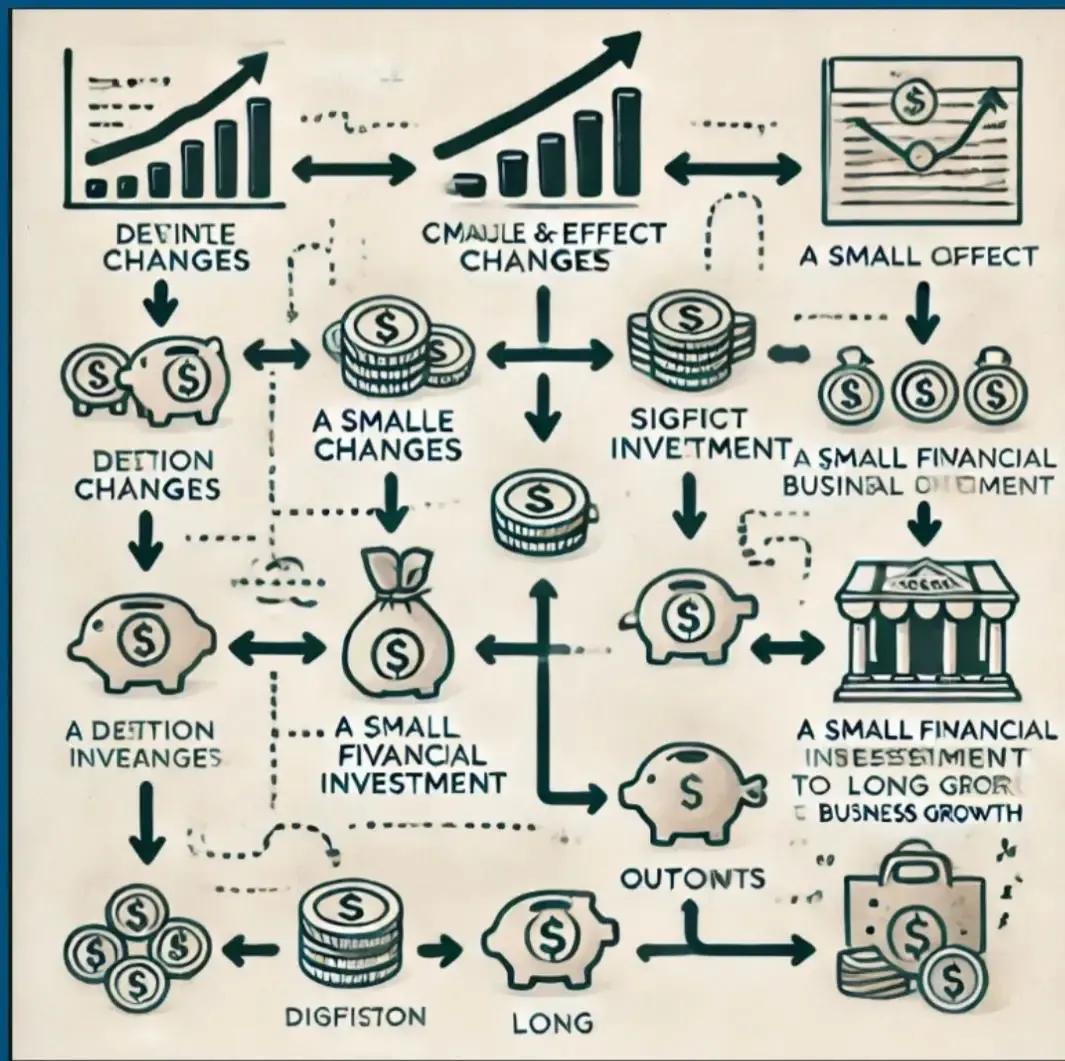Ukraine War Economic Impact 2024-2025: Global and Regional Economic Consequences

Introduction
Introduction
The ongoing war in Ukraine has had far-reaching economic consequences, not only for Ukraine and Russia but also for the global economy. From disrupted supply chains to soaring energy prices and food shortages, the conflict has triggered economic instability across multiple sectors. This article explores the economic impact of the war, examining its effects on inflation, energy markets, global trade, and geopolitical realignments.
Impact on Ukraine’s Economy
The war has severely damaged Ukraine’s economy, leading to major disruptions in production, trade, and investment. Key consequences include:
-
GDP Contraction
- Ukraine’s GDP has declined sharply due to the destruction of infrastructure, displacement of workers, and reduced industrial output.
- Significant losses have been reported in key sectors such as agriculture, manufacturing, and technology.
-
Rising Inflation and Currency Devaluation
- The Ukrainian hryvnia has depreciated due to war-related economic instability.
- Inflation has surged as supply chain disruptions and wartime conditions increase the prices of essential goods and services.
-
Decline in Agricultural Exports
- Ukraine, one of the world's largest producers of wheat, corn, and sunflower oil, has seen its agricultural production and exports disrupted.
- This disruption has contributed to global food shortages and rising prices.
-
Foreign Aid and Economic Support
- Ukraine has received substantial financial aid from Western countries and international institutions.
- Long-term recovery will depend on continued investments and comprehensive structural reforms.
Impact on Russia’s Economy
-
Sanctions and Trade Restrictions
- Severe sanctions imposed by the U.S., EU, and other allies have targeted Russian banks, businesses, and individuals.
- Restrictions on technology exports and financial transactions have significantly hindered Russia’s economic activities.
-
Oil and Gas Revenue Volatility
- Western bans on Russian oil and gas have forced Moscow to seek alternative markets, yet the loss of European buyers has weakened revenue streams.
-
Ruble Stability and Inflation Control
- Government interventions initially stabilized the ruble; however, inflation remains a persistent concern due to restricted market access.
-
Domestic Industry Challenges
- The exit of many Western companies has led to job losses and disrupted supply chains.
- Efforts to replace foreign products with domestic alternatives are ongoing, though technological gaps remain a challenge.
Global Economic Consequences
-
Energy Crisis in Europe
- The EU's heavy reliance on Russian energy has triggered an energy crisis marked by natural gas shortages and soaring electricity costs.
- European governments have implemented emergency measures to stabilize the market.
-
Global Food Supply Disruptions
- Disruptions in agricultural production and exports from Ukraine and Russia have led to higher global food prices and increased food insecurity, especially in developing countries.
-
Inflation and Interest Rate Hikes
- Rising energy costs and supply chain disruptions have fueled global inflation.
- Central banks around the world have responded with interest rate hikes, impacting economic growth and investment.
-
Shifts in Global Trade Alliances
- The conflict has prompted countries to reevaluate trade relationships and reduce dependencies on traditional Western-Russian ties.
- Efforts to diversify supply chains and increase domestic production are accelerating.
Long-Term Economic Outlook
The long-term impact of the Ukraine war will depend on the conflict’s duration, the pace of reconstruction in Ukraine, and broader geopolitical shifts. Potential scenarios include:
- Continued Sanctions and Economic Isolation of Russia: Persistent sanctions could lead to prolonged economic stagnation and diminished global influence for Russia.
- Reconstruction and Recovery for Ukraine: Post-war rebuilding will require extensive international aid and investment, along with structural reforms.
- Energy Market Reconfiguration: The crisis is accelerating the transition toward renewable energy and alternative energy sources.
- Global Economic Realignment: Shifts in trade patterns and strategic alliances may reshape the international economic order.
Conclusion
The economic consequences of the Ukraine war extend far beyond the battlefield. While Ukraine faces severe economic devastation, Russia grapples with sanctions, trade restrictions, and revenue challenges. The conflict has also triggered global inflationary pressures, energy crises, and shifts in trade relationships. As the war continues, its long-term economic implications will play a pivotal role in shaping international finance, trade, and geopolitical strategies.